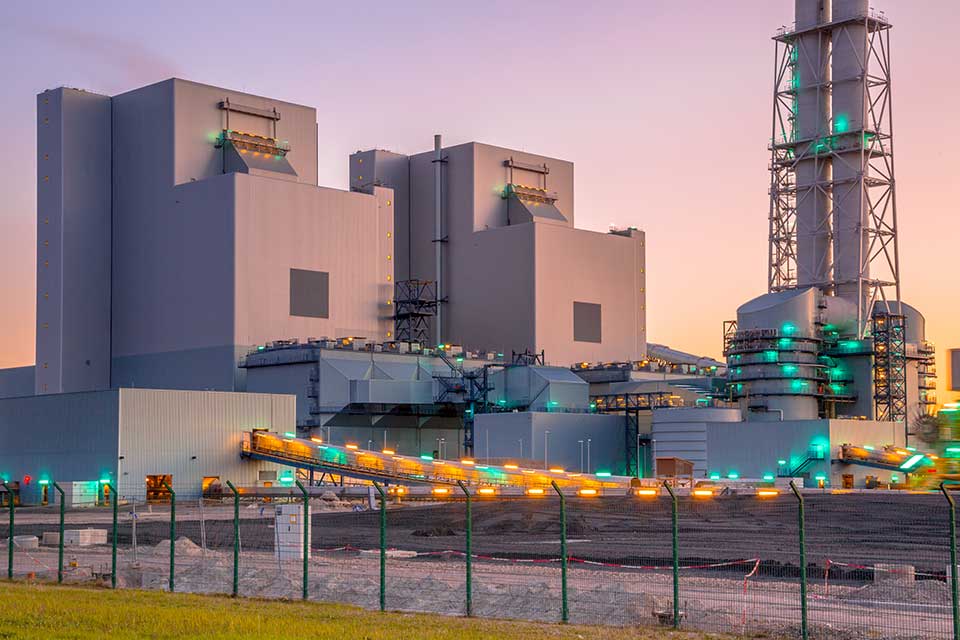The Costs and Benefits of Resorting To Biogas

More and more people are becoming interested in renewable energy sources. The production of biogas is steadily increasing as more countries are setting up plants to produce biogas. To have a better understanding of biogas, we have created this list to explain its benefits as well as its disadvantages.
Read on below and find out more about biogas:
Advantages of Biogas
Eco-Friendly
Biogas is a renewable and clean source of energy. The gases being generated during biodigestion are not polluting and it also lessens greenhouse emissions. The process of creating biogas does not need combustion, which means there is zero percent emission of harmful gases into the planet’s atmosphere. Thus, using biogas from waste as a source of energy is a good way of battling global warming.
Since concerns about the state of the environment have become a major issue, the use of biogas has become rampant. Biogas plants greatly restrain the greenhouse effect because they have lower methane discharge. The production of biogas aids in lessening our reliance on the utilization of fossil fuels, coal and oil.
Another eco-friendly advantage of biogas is its production is completely natural unlike other types of renewable energy that need power in order to be processed. Additionally, the materials needed in biogas production, such as crops and trees, are renewable and will continuously grow through the years. Manure, food waste and residue from crops are materials that are always available anytime, which makes biogas a highly sustainable choice.
Reduced Pollution
Overflowing dumping yards spread filthy smells and even let hazardous chemicals leach into underground water sources. Another benefit of generating biogas is it improves the quality of water. Additionally, anaerobic digestion kills parasites and bad pathogens, which in turn effectively lessen the occurrence of waterborne diseases. Waste collection and management greatly improves in places with a biogas plant and in turn, leads to better hygiene and sanitation.
Produces Organic Fertilizer
The result of processing biogas is called enriched organic farming which is the perfect substitute for chemical fertilizers. The fertilizer discharge harvested from the digester is proven to boost plant growth and immunity to diseases. Traditional commercial fertilizers have dangerous chemicals that have negative effects on the body.
Disadvantages of Biogas
Limited Technological Advancements
A major disadvantage of biogas is the systems utilized in the creation of biogas are inefficient. There is no new equipment to simplify the process to make it cheaper and more accessible to the public. This means that large-scale production to supply a big population is impossible. Although today’s existing biogas plants are meeting some energy demands, most governments are still not willing to invest in this sector.
Contains Impurities
After purification and condensation, biogas can still contain impurities. If the biofuel generated is used to run vehicles, it can wear away the metal components of the engine and will eventually lead to high maintenance expenses. The gas mix is more effective in kitchen stoves, lamps and boilers.
Affected by Temperature
Like all renewable energy sources, the generation of biogas is also affected by temperature and weather. The best temperature the bacteria needs in order to digest waste products is 38°C. In places with cold temperatures, digesters need heat energy to produce a consistent biogas supply.
Not Suitable For Dense Areas
Another disadvantage is that biogas plants can only function in places where waste materials are in abundant supply. For this particular reason, the production of biogas is more efficient in agricultural and provincial areas.
By providing a non-polluting and renewable energy source, our planet is being protected from harmful emissions. Biogas is the hope of our future because it has the ability to heal our planet while providing jobs for people in need. Biogas is certainly the best alternative fuel source!
Photo on file: Biomass powered plant. Have you read?
World’s Best Hotels in Chicago, London, Maui (Hawaii), Oahu (Hawaii), and Las Vegas.
Add CEOWORLD magazine to your Google News feed.
Follow CEOWORLD magazine headlines on: Google News, LinkedIn, Twitter, and Facebook.
This report/news/ranking/statistics has been prepared only for general guidance on matters of interest and does not constitute professional advice. You should not act upon the information contained in this publication without obtaining specific professional advice. No representation or warranty (express or implied) is given as to the accuracy or completeness of the information contained in this publication, and, to the extent permitted by law, CEOWORLD magazine does not accept or assume any liability, responsibility or duty of care for any consequences of you or anyone else acting, or refraining to act, in reliance on the information contained in this publication or for any decision based on it.
Copyright 2024 The CEOWORLD magazine. All rights reserved. This material (and any extract from it) must not be copied, redistributed or placed on any website, without CEOWORLD magazine' prior written consent. For media queries, please contact: info@ceoworld.biz
SUBSCRIBE NEWSLETTER








